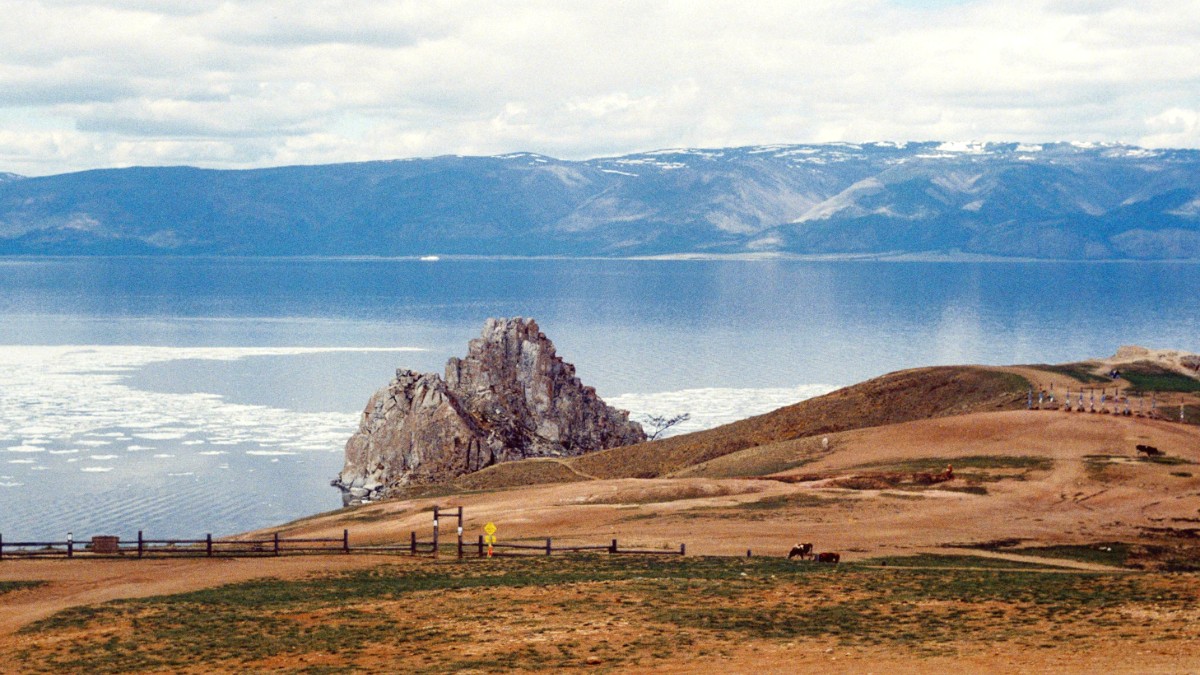
Russia
This designation highlights the lake's unique biodiversity and geological significance. Strict regulations apply within these areas.
Pribaikalsky National Park, Baikal-Lena Nature Reserve, and Barguzinsky Nature Reserve are strict protection zones with specific rules for visitors.
This volunteer-led initiative promotes sustainable tourism by building and maintaining hiking trails and educating visitors.
Your actions contribute to the preservation of Lake Baikal's fragile ecosystem.
Waste management infrastructure outside of major cities like Irkutsk is often rudimentary. Recycling is not widespread.
While Lake Baikal holds vast amounts of fresh water, local communities face challenges with water quality and pollution.
No specific local carbon offset programs are widely available for tourists. You can support international programs.
Some guesthouses and tour operators in the Baikal region are making efforts to promote eco-friendly practices.
Your conscious choices greatly preserve Lake Baikal's natural environment for future generations.
The Lake Baikal region has a rich and unique cultural heritage, especially among the Buryat people.
Museums like Taltsy Museum strive to preserve architectural heritage and local customs.
Always respect a "no" or any signs restricting photography or access. Be quiet and respectful in religious settings.
When visiting Orthodox churches or Buddhist datsans, dress modestly. Women should cover their heads (a scarf is sufficient) and shoulders.
Shaman Rock on Olkhon Island is a sacred site. Treat such locations with utmost respect. Do not disturb offerings.
Be especially mindful when photographing children or vulnerable populations. In Russia, a general expectation of privacy exists in public spaces.
Always ask before photographing individuals, especially children.
Avoid intrusive photography in public areas.
A general expectation of privacy compared to some Western countries.
Observing local customs and being mindful of sensitive topics fosters positive interactions and a more rewarding travel experience.
Your travel choices directly and positively contribute to the local communities around Lake Baikal.
Support local family-run guesthouses and homestays, especially on Olkhon Island and in smaller villages.
Participate in tours directly organized by local guides or small businesses rather than large, external tour operators.
Purchase souvenirs and crafts directly from local artisans at markets. This ensures money directly benefits producers.
Eat at local cafes and restaurants, including Stolovayas and traditional Buryat eateries.
Be wary of tours or experiences that seem exploitative, like staged rituals or those that encourage over-tourism in fragile areas.
Avoid tours promising "authentic" rituals that may be staged solely for tourists.
Do not buy products made from protected species.
Avoid littering or damaging natural habitats.
If you wish to donate, support reputable local environmental conservation organizations or community development projects rather than giving cash directly to beggars.
Responsible travel choices preserve Baikal's environment and benefit its communities, ensuring its unique charm remains.